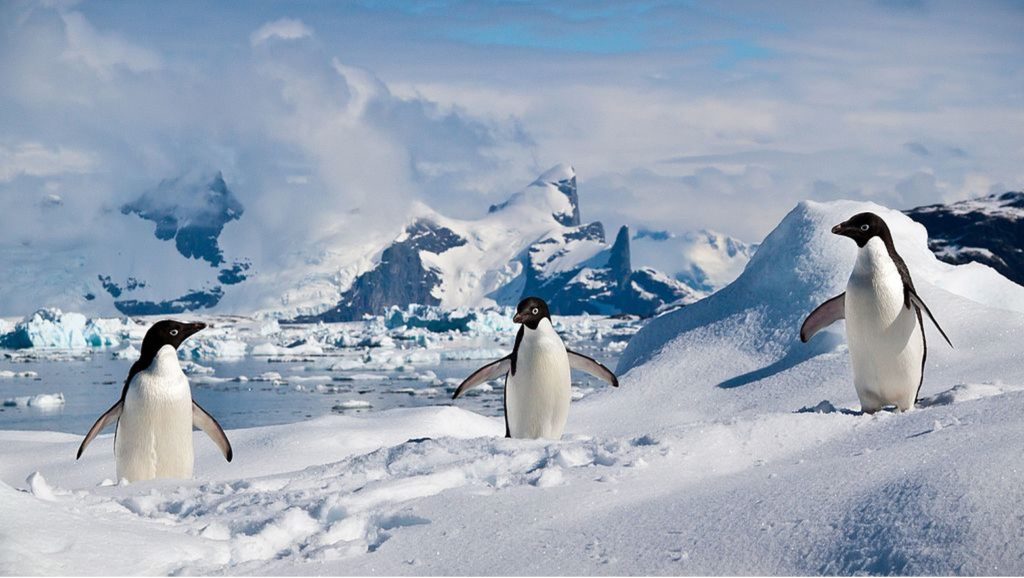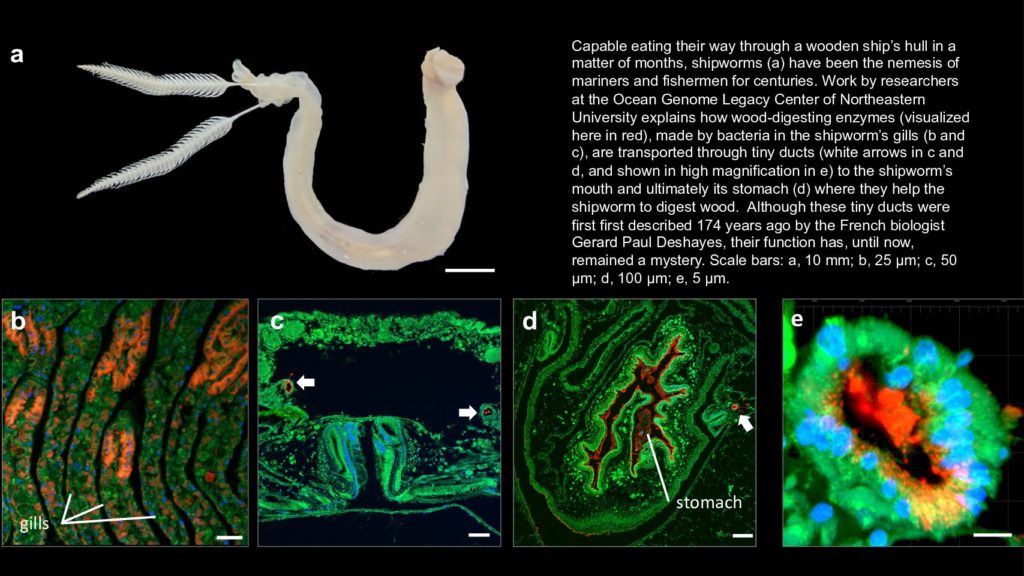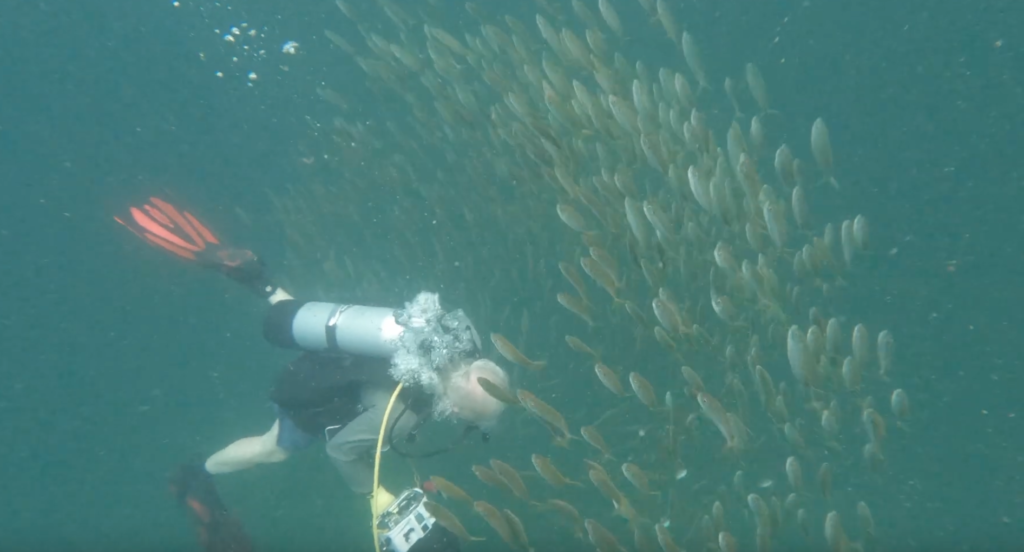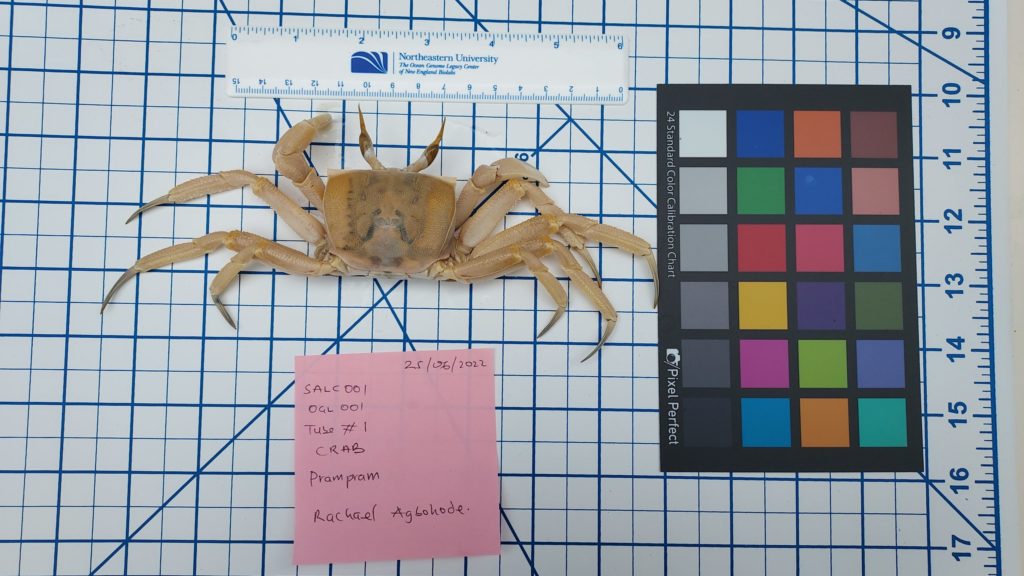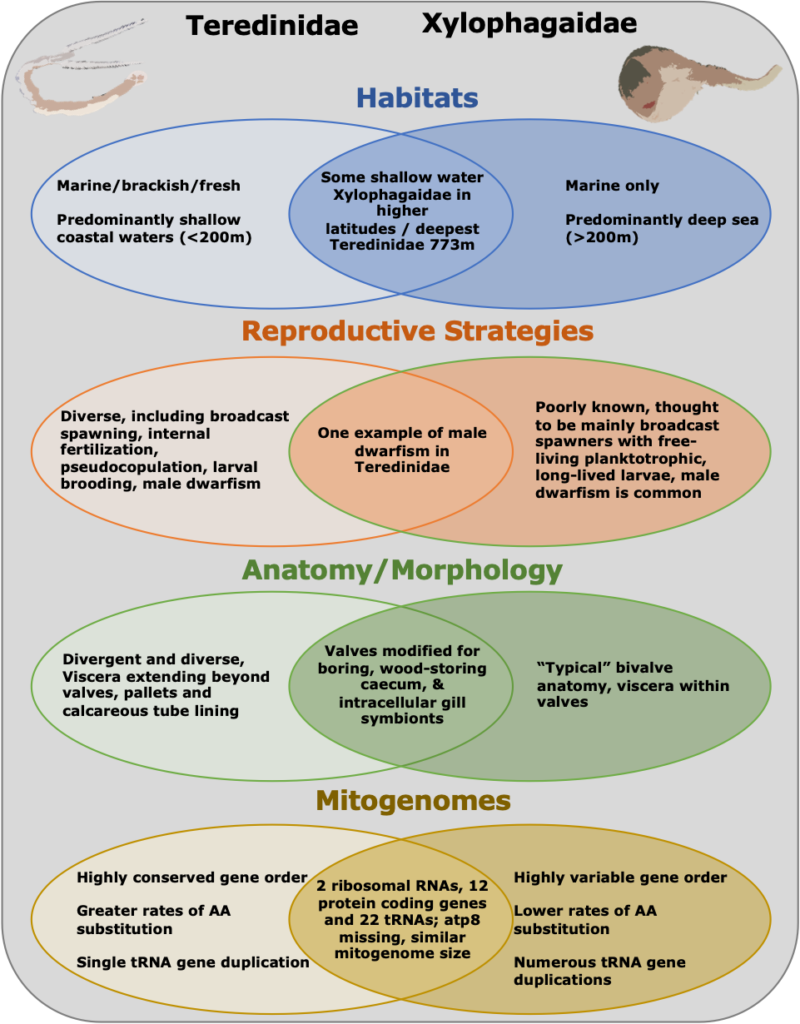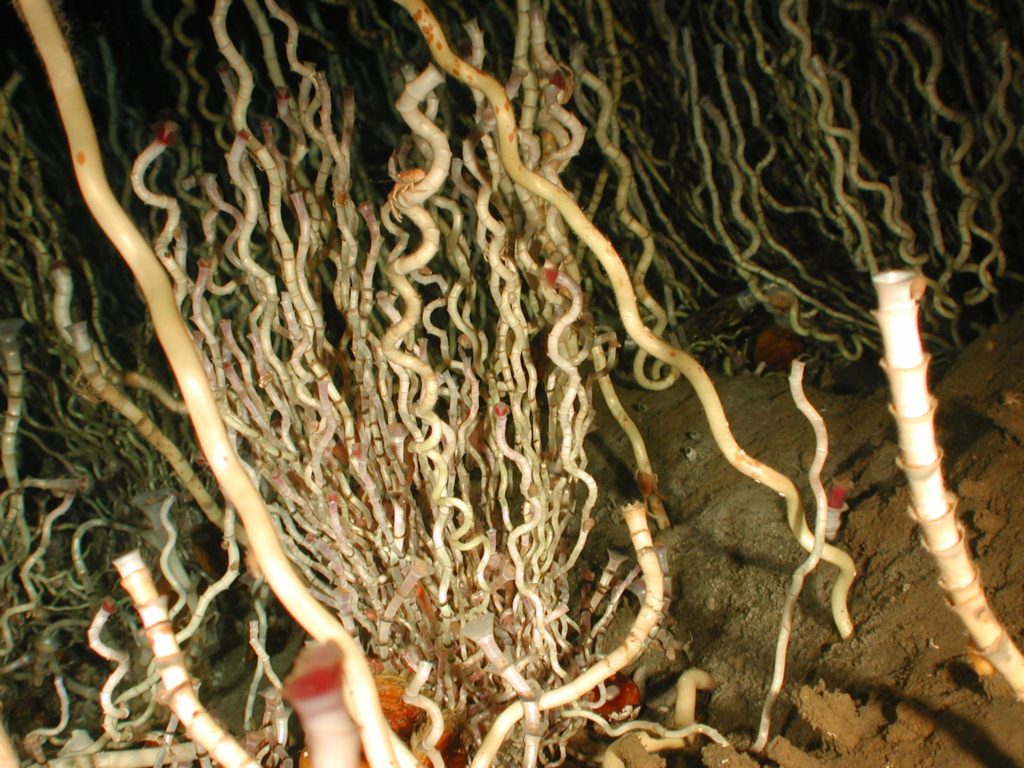ABOUT / News
NEWS
There’s a lot going on in the OGL lab and under the sea. Read news briefs, articles, announcements, and more. Also, don’t forget to subscribe to our email newsletter.
OGL NEWS BRIEFS
The time is right for an Antarctic biorepository!
Did you know that the coldest place on earth, Antarctica, is also the fastest warming? Global warming is heating up the Antarctic faster than most other regions, making its fantastic marine biodiversity more threatened than any other continent’s. Take Antarctic...
A new paper from OGL solves an old mystery
Shipworms are wormlike wood-eating clams that have been the nemesis of mariners since the first wooden boat set out to sea—and for good reason. Shipworms can gnaw their way through a wooden hull in a matter of months. Since at least 350 BCE, scientists have...
Experience the Wonder of Alabama’s Undersea Forest!
Sixty thousand years ago, along the coast of Alabama, the sea level rose and buried an ancient forest beneath the sea floor. Now, thanks to the hurricane waves that uncovered it—and to Northeastern University Professors and OGL collaborators Brian Helmuth and Mark...
New collaboration samples African marine biodiversity
Ocean Genome Legacy (OGL) is excited to announce our newest collaboration with the Sena Institute of Technology (SIT), a multidisciplinary research center in Ghana that promotes cutting-edge research across the African continent and creates opportunities for...
Going deep on the mitochondrial genome
You might know that many animals in the deep sea evolved from shallow water ancestors, but did you ever wonder what happens to their genes when they make that evolutionary trip? Researchers at OGL asked that question by looking at the mitochondria of two families...
The Wacky Underwater World
What animal lives more than 250 years but never eats a thing? If you guessed the deep-sea tubeworm Escarpia laminata, you would be correct—and also probably a deep-sea biologist! Escarpia laminata lives near deep-sea cold seeps, places where...

